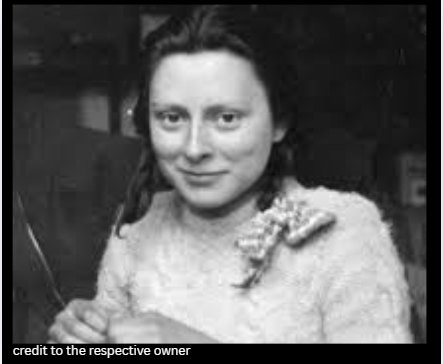When the Nazis occupied the Netherlands, Freddie Oversteegen was just 14 years old. She was still a child—until the war took that away.
She joined the Dutch resistance alongside her sister Truus and later with another teenager, Hannie Schaft. Together, they did more than just hand out leaflets or hide Jewish families (though they did that too). They carried guns. Rode bicycles. Planned sabotage. Lived double lives.
Freddie’s role sometimes was to look innocent.
She’d ride her bike through the streets with ribbons in her hair, pretending to be harmless. She would flirt with Nazi officers or collaborators, invite them for a walk or into the woods—leading them into ambushes where resistance fighters waited.
Sometimes, she even pulled the trigger herself.
It wasn’t glamorous. It was terrifying. Freddie never forgot what it meant—to take a life in order to save others.
After the war, she lived quietly. She didn’t seek medals or praise. For decades, she rarely spoke about what she had done. But she never stopped remembering. She knew these stories needed to be told—not to glorify violence, but to honor courage. True courage. The kind that happens when you’re scared but act anyway.
Freddie Oversteegen passed away in 2018 at the age of 92. She once said:
“We did not feel like heroes. It was simply the right thing to do.”
